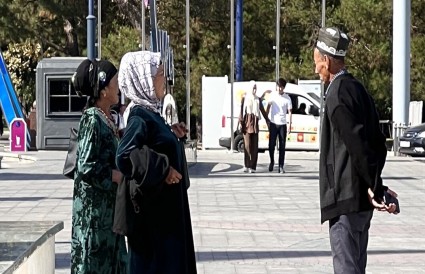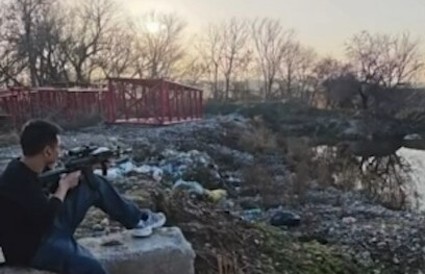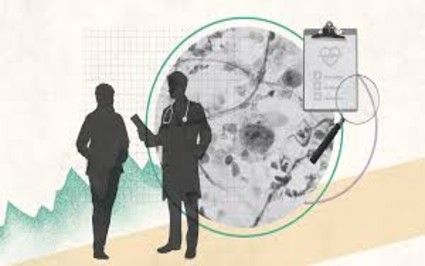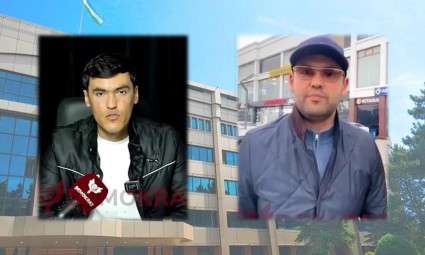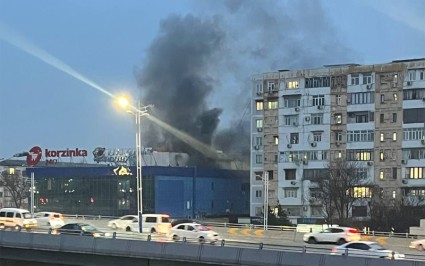US Ambassador Jonathan Henick and US Agency for International Development (USAID) mission director David Hoffman took questions about their views on poor air quality in Tashkent Wednesday.
Replying to a comment that the air quality sensor in the US embassy had not been operating since Tuesday, the ambassador said, “Let me check,” and opened his phone. Later that day the sensor started working.
“Of course, from time to time our equipment requires maintenance, and sometimes there are problems. But we are committed to providing an independent assessment of air quality and welcome partnerships on air quality monitoring across the country with the government of Uzbekistan, the media and civil society,” said Jonathan Henick.
“This is a serious problem for all governments,” he continued. “This is an issue that requires action from both government and private sector, civil society partnerships and the media. I think if we work together we can see improvements in air quality in the years to come.”
The most important thing at this stage, according to the ambassador, “is to get an idea of what the sources of air pollution are, as well as what measures and investments are needed to solve this problem.” “I think more can be done to study the problem,” he said.
But the government cannot solve this problem alone, the ambassador continued. “I would urge all citizens of Uzbekistan to take this as a personal problem, because this is a problem that affects everyone - you, your family, your children. Therefore, we must take a personal interest in this problem and push the government to study the problem and take the necessary measures,” Jonathan Henick emphasized.
USAID Office Chief David Hoffman agreed that efforts from both the government and civil society are needed to improve the situation.
“I live in Tashkent and I have small children. Therefore, I can say that, like many people in Tashkent, I closely monitor the situation with air quality and try to take measures both myself and in my family to make the air cleaner,” said the head of the mission.
“Of course, I support any steps that would help clean the air in Tashkent. For example, this could include government measures to increase the use of public transport. If we have a choice between walking to a place or driving, my family and I prefer walking. This is how we try to make our small contribution to improving air quality. Of course, as we see from objective sources such as IQAir, there is still a lot of work to be done in Tashkent,” noted David Hoffman.
In addition to improving access to public transport and investing in public transport, authorities must focus on regulation and planning, particularly in business and industry. "I'm not an air quality expert, I'm an ordinary citizen and air consumer like others, but these are some of the practices we've seen around the world," he said.
“This issue was relevant in my country in cities such as Los Angeles, for example, the terrible, terrible smog in the 1970s and 1980s. And the efforts of both the government and civil society have contributed to improving the situation - it is not ideal, but it is much better now than 20-30 years ago. I see no reason why the same actions cannot be taken in Tashkent,” said David Hoffman.

